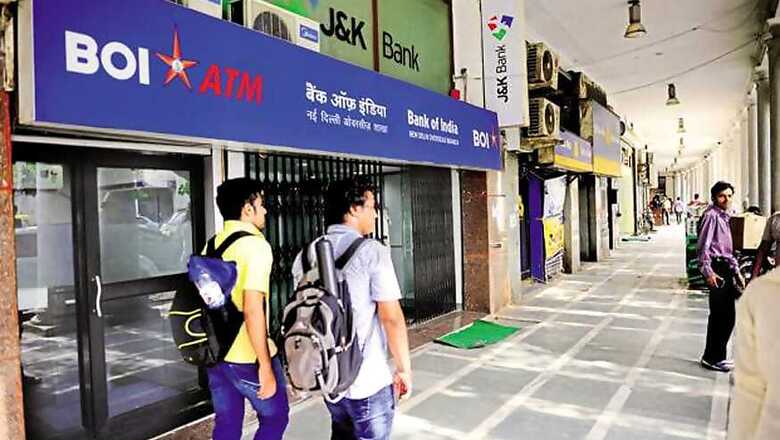New NPA Cycle, Privatisation Among Ailments in Banking that Union Budget 2021 is Expected to Address

views
With the Union Budget less than a week away, stakeholders in the banking sector expect the Centre to go beyond recapitalisation of bonds to infuse capital in public sector banks.
Here are the major pain points in the sector:
Covid-induced NPAs
Due to the pandemic adversely hitting business and jobs, personal and corporate income has taken a severe beating. Because of this, banks are facing a fresh onslaught of non-performing assets (NPAs) in unsecured loans, MSMEs and services sector.
The RBI’s stress test recently revealed that bank NPAs could jump from 7.5 per cent in September last year to 13.5 per cent by September this year. The gross non-performing assets (GNPAs) of PSBs are projected to increase to 16.2 per cent in the July-September quarter, in a baseline scenario, up from 9.7 per cent in the same period last year, with likely implications for capital adequacy.
“If the macro environment deteriorates, the ratio may escalate to 14.8 per cent under the severe stress scenario,” says RBI. This kind of extreme scenario would require a large capital infusion from the government in PSBs. But if the government decides to set up a bad bank, the burden may lessen a bit.
Privatisation
The Centre is yet to take a decision or merger for Bank of India, Central Bank of India, Bank of Maharashtra , UCO Bank, Indian Overseas Bank and Punjab and Sind Bank. These banks are not in the best of health. Given the large number of private banks, consolidated PSBs and Small Finance Banks (SFBs), these mid-sized PSBs will find it difficult to survive. If the budget announces a road map for privatisation of these banks, the government’s burden to recapitalise them will also go down substantially.
Capital
In a lending system where PSBs play a dominant role, the capital levels of banks are very important for increasing lending activities or taking risk. Covid-hit businesses and sectors like services, MSMEs need funds for restarting businesses.
Currently, the PSBs do not have any internal generation of capital. Take for instance, the PSBs as a pack have continued their losses at Rs 26,015 crore in 2019-20 as against a total income of Rs 8.34 lakh crore. The PSBs valuation in the stock market is also too low to raise equity capital at current levels. That means a very high dependence on government for capital. The limited capital also impacts risk taking ability of banks.
Read all the Latest News, Breaking News and Coronavirus News here




















Comments
0 comment